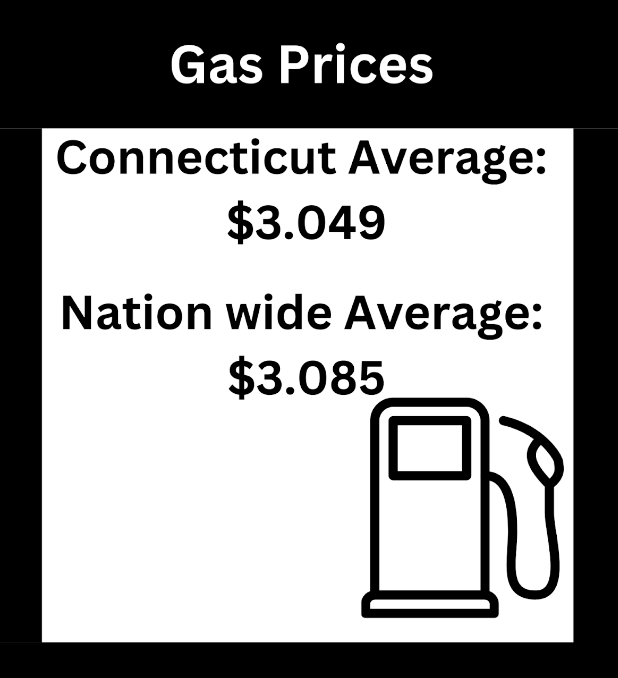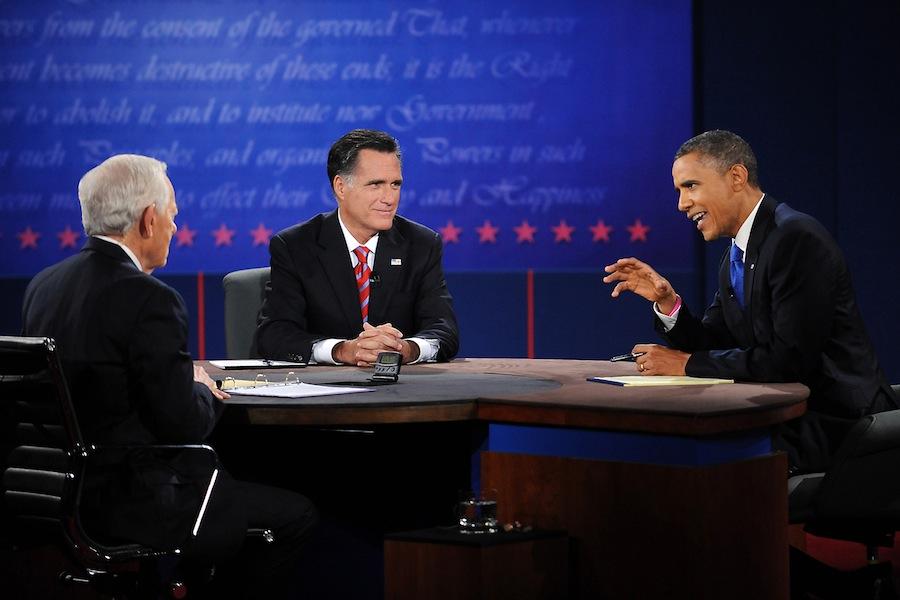As many of us should know, but likely don’t, the Foreign Policy Presidential Debate occurred yesterday, Mon., Oct. 22 at 9 p.m..
Lynn University, a college not much larger than Staples, is counting down the seconds to the debate, which they describe as their “introduction to the world.”
While the easiest way to look smart regarding presidential debates is to actually watch the presidential debates, President Barack Obama and Governor Mitt Romney did not exactly plan their campaigns around a high schoolers schedule. Between athletic events, club activities and massive quantities of homework, watching a presidential debate can’t always be first on the list.
So how can you stay informed without tuning in? Let’s start with the pre-debate era.
Thanks to the World Wide Web, escaping pre-debate banter while still looking like an informed student is relatively easy. If you don’t know much about foreign policy, Romney, or even President Obama I recommend a back door approach.
Take a quick browse around Lynn University’s website. Located in Boca Raton, Florida, this excited and small university (with just 2,100 students) is hustling and bustling to prepare for their worldly debut.
If you don’t know or want to know the politics behind the debate, spit balling facts about Lynn University is an easy way to talk about the debate without ever mentioning the words “foreign policy.”
Now lets talk post-debate, because this one’s a little harder to avoid. For the most detailed yet brief facts on the debate, I recommend a dose of PolitiFact. PolitiFact breaks it down into who said what, whether or not it was true, and what they really meant. They also incorporate cute little graphic images of scales, pointing to true or false.
Another teeming source of political facts or opinions is twitter. Start with the Twitter Political Index—a twitter page that calculates and analyzes exactly how twitter users are feeling about the candidates, based on the millions of tweets sent out each day.
You can find a historical index of how twitter users have been judging their candidates since May, the latest election tweets, and even follow @gov, a twitter name reserved for “Updates from the Twitter Government & Politics teams, tracking creative and effective uses of Twitter for civil engagament,” according the the twitter bio.
The Twitter Political Index is a good jumping off point, but it will be impossible to escape the influx of political tweets overwhelming the twitter feeds. Follow anyone from the @NYTimes to @JacobMeisel for a hefty dose of debate tweets on Mon. night.














































